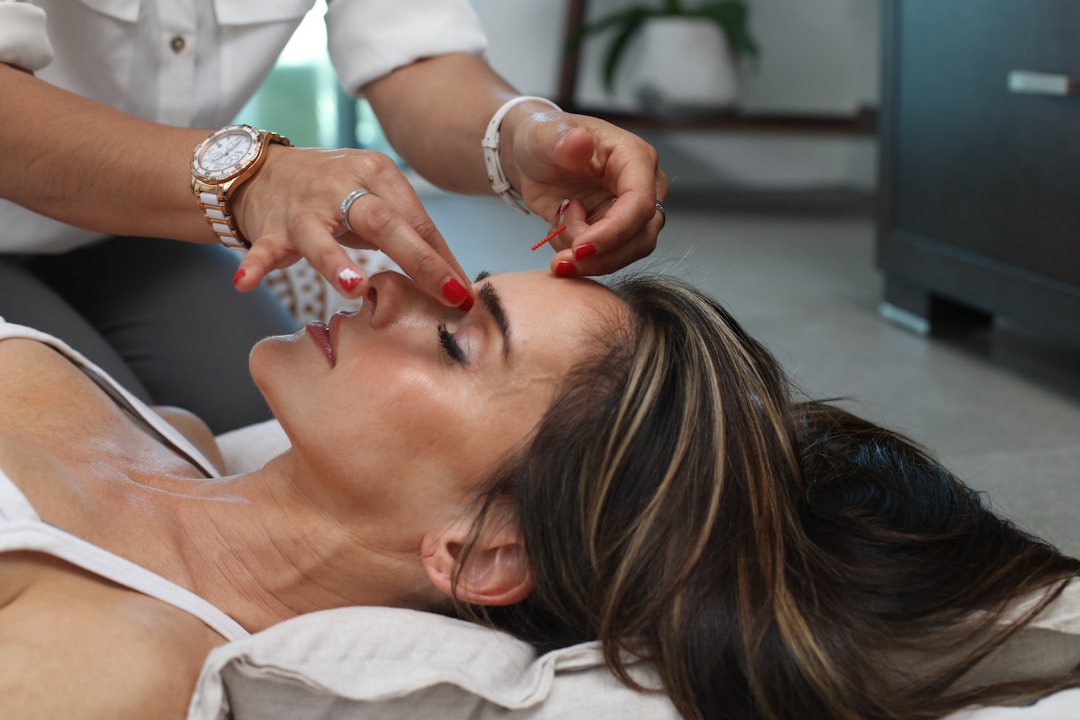
How to Find the Right Health and Wellness Services
Making informed decisions is important, especially when it involves your health and wellness. You should be involved in the quality of healthcare you receive, be it deciding on what insurer to go with, or the doctor that treats you.
The more informed you are, the more prepared you’ll be to ask about and understand treatment recommendations. Use the guide below to make smarter decisions on the healthcare services you receive.
1. Weigh the pros and cons of working with additional caregivers.

If you’re a caregiver to a family member or loved one showing symptoms of progressive memory loss through dementia or Alzheimer’s disease, consider a memory care residence. A memory care facility is a type of assisted-living facility that offers specialized care for people with memory impairment. They do this by offering structure to dementia and Alzheimer’s patients by creating routines that help them manage their daily tasks.
Most assisted-living facilities have included memory care departments specific to dementia patients, but some memory care communities work as stand-alone units. Regulations on memory care facilities vary according to state, and this affects the quality of care that they provide.
Knowing this, one of the things you should consider as you conduct your research is the facility’s location. Finding a facility that’s close to your loved one’s relatives and friends is great because your loved one will have regular visitors. If you’re looking for a memory care facility, resources like the Alzheimer’s Association’s Community Resource Finder, and the Eldercare Locator offer helpful guides.
Memory care staff have unique training that allows them to offer Alzheimer’s and dementia care. This training permits them to provide additional support to help their patients get through their day. As you do your research, also consider what kind of training that the staff has. Alternatively, try asking your loved one’s primary care physician for a referral to a care facility that they trust.
Patients with progressive memory loss tend to wander off on their own, so factor in the facility’s security. The best memory care facilities will have alarmed doors, enclosed outdoor spaces, tracking bracelets, and coded elevators. Although they sound a bit extreme, these measures help the staff keep track of patients should they wander off on their own.
2. Explore holistic approaches to wellness.

Tinnitus is the perception of a phantom hissing, buzzing, roaring, and ringing sound in either one ear or both. While the cause of tinnitus is still unknown, its often linked to hearing loss and other underlying medical conditions. Tinnitus patients experience different symptoms, and for some of these patients, these symptoms can significantly diminish their quality of life.
Common tinnitus symptoms include headaches, dizziness, nausea, stress, irritability, and depression. Although there is still no known cure for tinnitus, treating these symptoms can offer significant relief. Hearing aids, sound masking devices, cognitive behavioral therapy are some of the common treatments that have been found effective in managing the symptoms of tinnitus.
Alternative therapies such as hypnosis, acupuncture, and nutritional supplements are other approaches that have been recommended for tinnitus sufferers. Although the science to back these alternative treatments is slim, they’ve been found effective in the treatment of stress and anxiety, conditions that are known to make the perception of tinnitus much worse.
Today’s consumers are more mindful of what products they consume, which explains why Tinnitus 911, a dietary supplement, is fast becoming the go-to all-natural supplement for managing the symptoms of tinnitus. This tinnitus relief formula is packed with a ton of natural ingredients (vitamin B6, niacin, vitamin C, vitamin B12, hibiscus flower, folic acid, olive leaf, Hawthorne berry, buchu leaves, and green tea) which work together to help alleviate tinnitus symptoms.
If you have a tinnitus problem, it’s understandable that you’d want the fastest form of relief possible. But to avoid developing other health conditions, consult your doctor before taking a herbal supplement or new medication.
3. Understand your insurance plan.

If you’re among the thousands of U.S. citizens who need frequent medical care, the out-of-pocket costs can put a significant dent in your finances. Also, considering the high cost of healthcare in the United States, the ordinary American is one health-related emergency away from being in a financial bind.
In the United States, Medicare is a health insurance program for individuals who are 65 and older. Although it helps the policyholder cover the cost of health care, it doesn’t provide coverage for all medical expenses or the cost of long-term care. Original Medicare has two sections, namely, Part A and Part B. Medicare Part A, also known as hospital insurance, helps with inpatient care and hospice care where needed. Medicare Part B, also known as medical insurance, helps with outpatient care and doctor services.
Once you have Original Medicare coverage, you can also buy a Medicare supplement insurance, also known as a Medigap policy. Medicare supplement plans are sold by private insurance companies. They’re important because they help cover the out-of-pocket “gaps” left by an original Medicare plan, such as deductibles, copays, and coinsurance.
